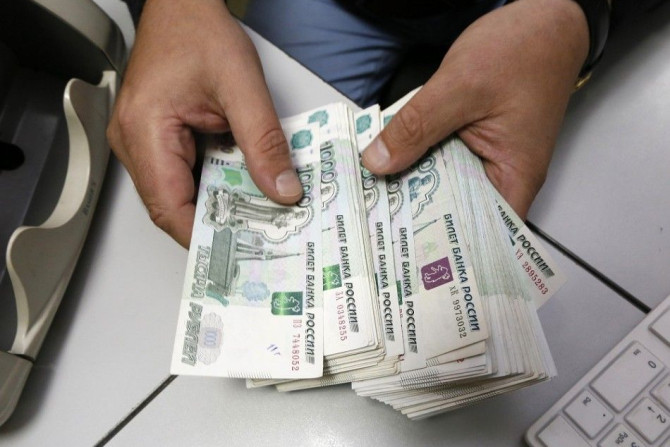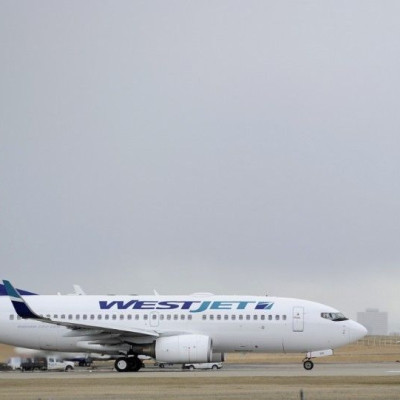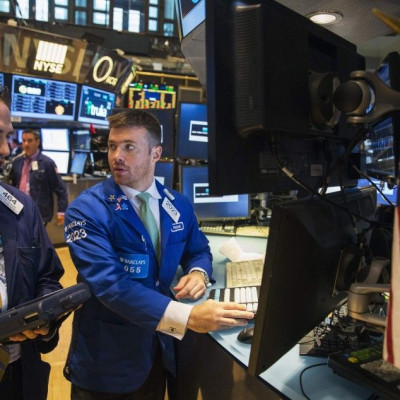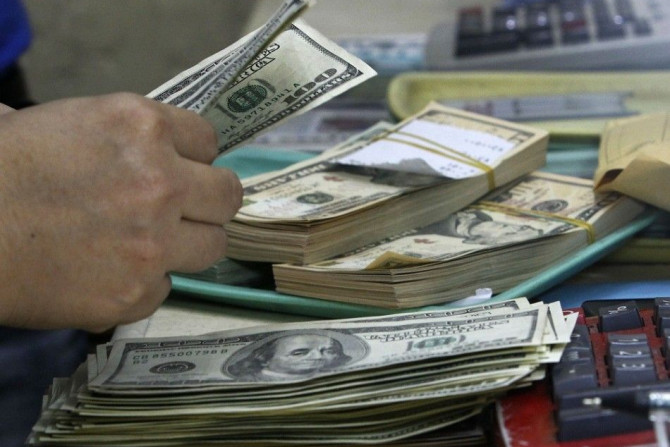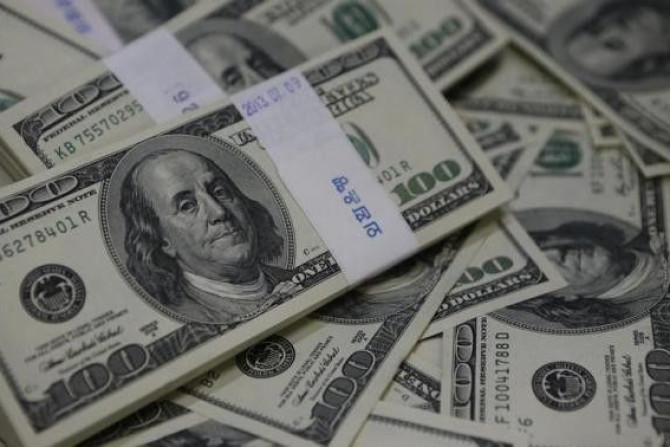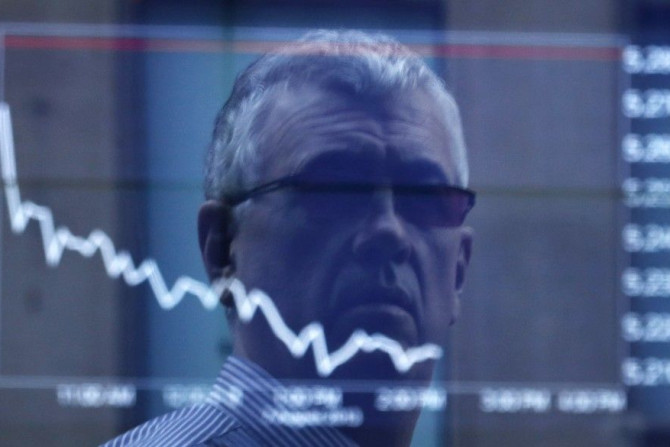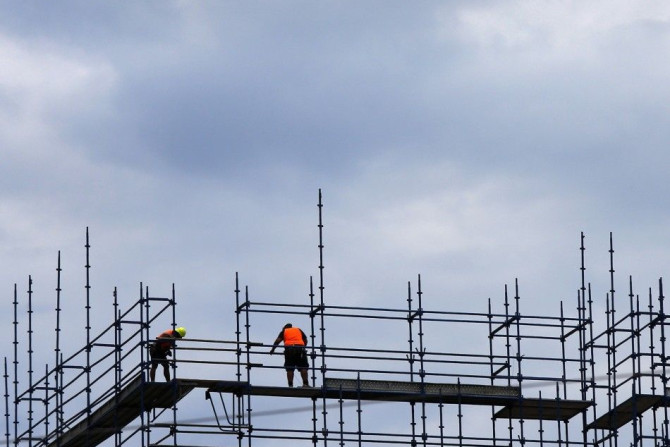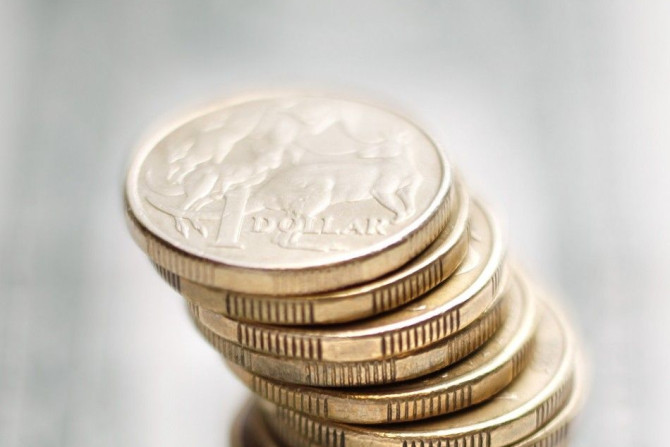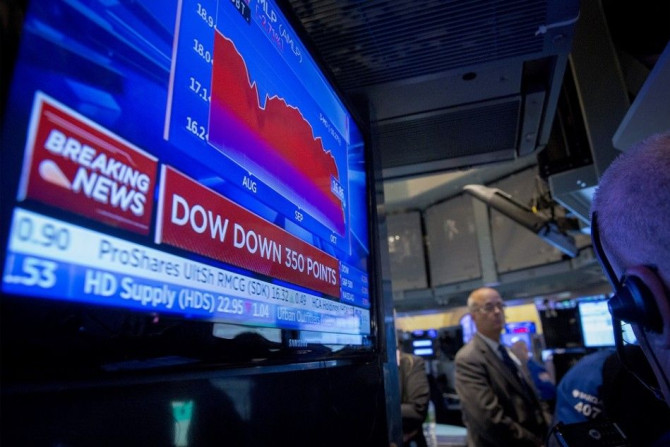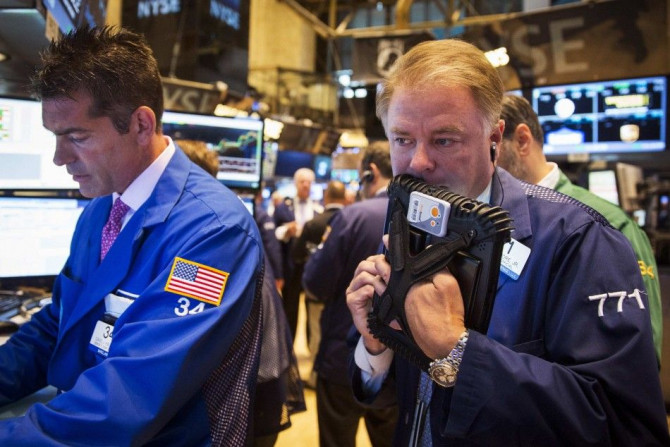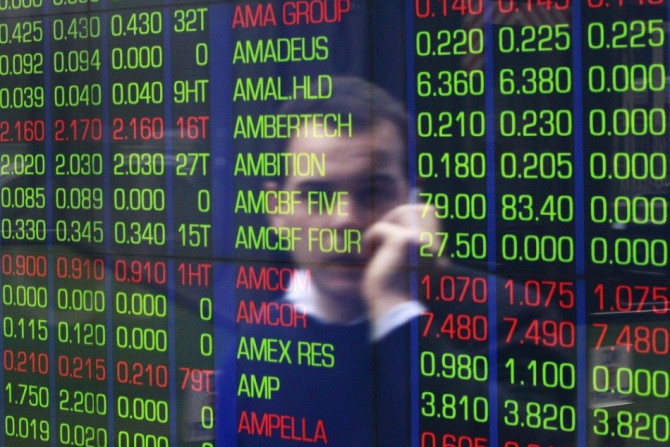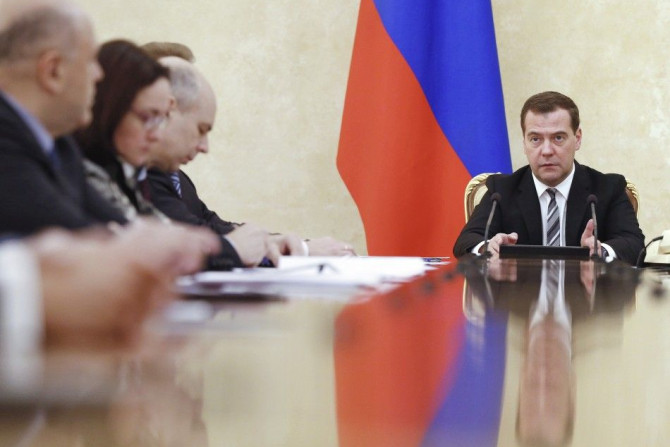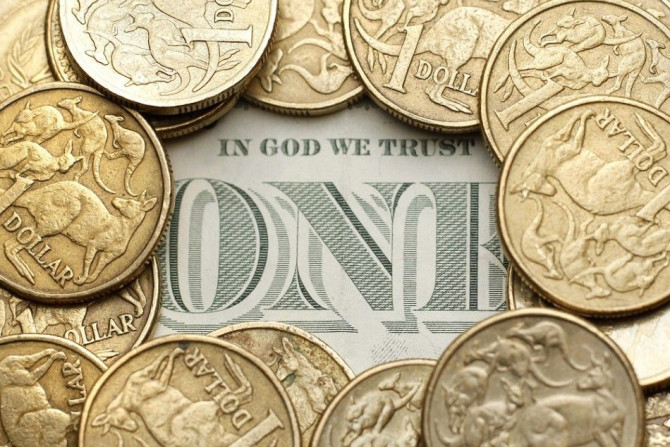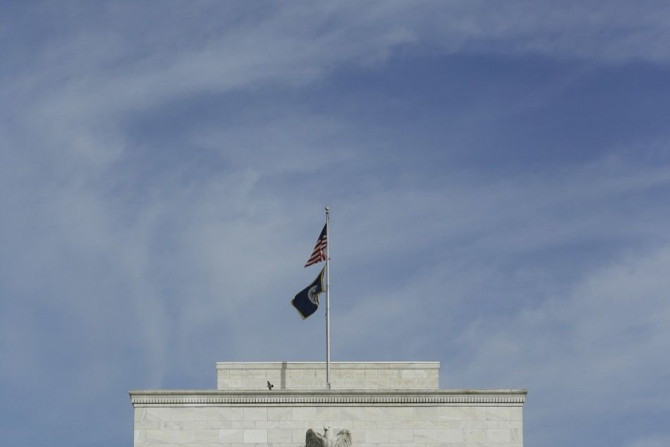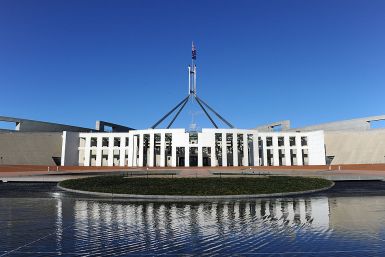Blackberry and Boeing are working on a new smartphone that self-destructs when tampered with.
The ASX 200 has started a holiday shortened week in the same fashion it ended the previous week; with solid gains. At lunch on the east coast the index was close to the best levels of the day. Local stocks pressed ahead on the back of gains for US stocks at weeks end, which capped off an encouraging week on Wall St. After being up 96 points, the Dow Jones finished higher by almost 27 points or 0.2%. The S&P 500 index rose by 0.5% while the Nasdaq lifted by 17 points or 0.4%. For the week, the Do...
The drop in the oil prices have led to global market concerns, primarily by the oil producing countries.
The Australian Dollar had a quiet day of trading on Friday and has opened in the mid .8100's this morning.
Markets ended last week on a positive note with the post-FOMC meeting bid tone continuing to resonate through the globe. The rebound in oil prices also helped underpin sentiment to an extent. While equities drifted higher, there were some notable moves in the fx space with the greenback gaining significant ground against the euro and yen. EUR/USD plunged to $1.222, breaking below its early December lows and now trading at its lowest sinceJuly 2012. The main event for Europe this week will be Gre...
In US economic data, the Kansas City Federal Reserve manufacturing index was steady at +9 in December with the composite index up from +7 to +8.
Australian shares completed a trifecta of winning days on Friday, closing around the best levels of the session. Over the course of the last week the ASX 200 has risen by almost 2.3 % , balancing the loss of the pre-ceeding week when the market fell by almost 2.2%.
The fatal Ebola virus that has killed some 6,915 could be cured by at least 53 existing drugs, researchers said.
Canada Bread buys Saputo's bakery division for C$120 million ($103.38 million).
Although Russian President Vladimir Putin has assured Russians that the country's economy would eventually recover, he admitted on Thursday in a news conference that he has no solution yet for the worsening crisis following the drastic decline of the rouble.
Australian shares are improving for the third day after six straight sessions of weakness. The ASX 200 Index is up 1.3 per cent with the underperforming energy industry this morning's best performer.
New Zealand's economy is growing faster than expected with the Kiwi moving closer to parity with the Australian currency.
You're not one to fall for these online scams.
Australia may soon be entering a difficult phase in the economy as experts point to signs of investors losing confidence.
The Australian Dollar has made back some of yesterday's post FOMC losses, currently trading around 0.8160.
The momentum from yesterday's Fed announcement has continued to resonate through global markets, with equities in Europe and the US extending gains.
In US economic data, the Conference Board's Leading Economic Indicators Index rose by 0.6% in November after a similar lift in October. The index is up 6.1% on a year ago. The Philadelphia Fed Index fell from the outsized 40.8 gain in November to 24.5 in December. US jobless claims fell from 295,000 to 289,000 in the past week.
Air Canada needed to divert a flight from London to Toronto because of an unruly female South African passenger.
An elderly couple from New Zealand said they almost died after being trapped inside their new keyless car.
It's not really a very high-tech product, but the selfie stick is tipped to become the top-selling Christmas gift of 2014 in Australia, retail experts said, beating other electronic gadgets such as fitness wristbands, cameras and game consoles.
The local sharemarket has finished firmly in the black, following a strong lead from European and US markets. The S&P 500 enjoyed its best one day gain in a year, after the US Federal Reserve signalled it was on track to raise interest rates next year - reinforcing the strength of the US economy. That positive lead helped the All Ords finish up 1 percent to 5,189.
The Australian share market opened the session with a solid gain for the second consecutive session on the Thursday. The strong tone for the first half of the session came in the wake of similar gains for US and European markets in the last 12 hours. US share markets rallied sharply after the Federal Reserve gave a strong signal that it was on track to raise interest rates at some point next year - pointing to confidence in the US economy. At the close of trade, the Dow Jones was up by 288 point...
These new photo filters are part of the Instagram Android version 6.12.0 and Instagram iOS version 6.4.0.
It's time to consider a change.
The Russian currency, ruble, has been falling sharply. The depreciating currency has prompted the government and the central bank to take measures.
The Australian Dollar has dipped suddenly to USD 0.8120 following headlines the FOMC had dropped the "considerable time" phrase with respect to its guidance on interest rates, and instead deciding it could be "patient in beginning to normalise" policy.
US equities surged on the back of the Fed meeting, which seems to have hit a sweet spot as far as balancing expectations is concerned.
In US economic data, consumer prices fell 0.3% in November - marking the largest decline since December 2008. Annual growth eased from 1.7% to 1.3%. The fall in gasoline prices (down 6.6% in November) was the biggest driver. Core CPI (ex food and energy) lifted up 0.1% in November to be up 1.7 over the year. US current account deficit rose from $98.42 billion to $100.36 billion in the September quarter.
The real reason behind Samsung’s falling profits is Xiaomi and not Apple.
Japan's north-eastern Fukushima prefecture wants to host some of the preliminary events for the 2020 Tokyo Olympics.


